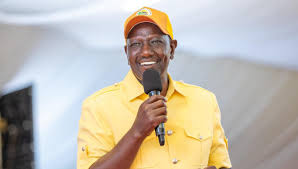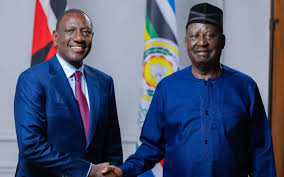Tanzanians began voting early Wednesday as their nation’s general election opened — a contest that has drawn widespread criticism for the exclusion of major opposition parties and the narrowing of political space.
Polling stations officially opened at 7:00 a.m. local time and will close at 4:00 p.m., after which vote-counting will begin. The country’s electoral authorities have up to seven days to issue final results.
The election, held on October 29 2025, pits incumbent President Samia Suluhu Hassan of the ruling Chama cha Mapinduzi (CCM) against a slate of minor-party candidates, following the disqualification of Tanzania’s two largest opposition parties: Chama Cha Demokrasia na Maendeleo (CHADEMA) and ACT-Wazalendo.
CHADEMA’s leader, Tundu Lissu, faces treason charges and remains jailed. ACT-Wazalendo’s candidate was barred by the Attorney General’s office. Consequently, the field is left largely uncontested.
Human rights groups say the exclusion of these parties, coupled with reports of arrests and disappearances, has left the election “arguably the least competitive since multiparty politics returned.”
Ahead of the vote, Amnesty International and other watchdogs documented a troubling environment: enforced disappearances, arbitrary arrests, and suppression of dissent. Over 200 suspected disappearances have been reported since President Hassan took office.
While the government says it is committed to rights and has launched investigations, no credible findings have yet been reported — raising questions over the integrity of both the electoral process and the wider rule of law.
According to electoral data, more than 37 million Tanzanians are registered to vote, a 26 % increase from 2020. Yet analysts warn that turnout may remain low — not because of apathy alone, but because many believe the result is predetermined.
The CCM has held power — either directly or via one of its predecessor parties — since independence in 1961. President Hassan is seeking her first full term after completing the term of late President John Pombe Magufuli.
Observers say the election could have lasting implications for Tanzania’s democracy. A contested but open political environment waned years ago; now, many feel that elections are becoming more a ritual than a genuine contest.
If results come quickly and decisively in favour of the incumbent, questions about legitimacy, international credibility, and future political unrest may increase. Some analysts warn the process may deepen political fissures rather than resolve them.



